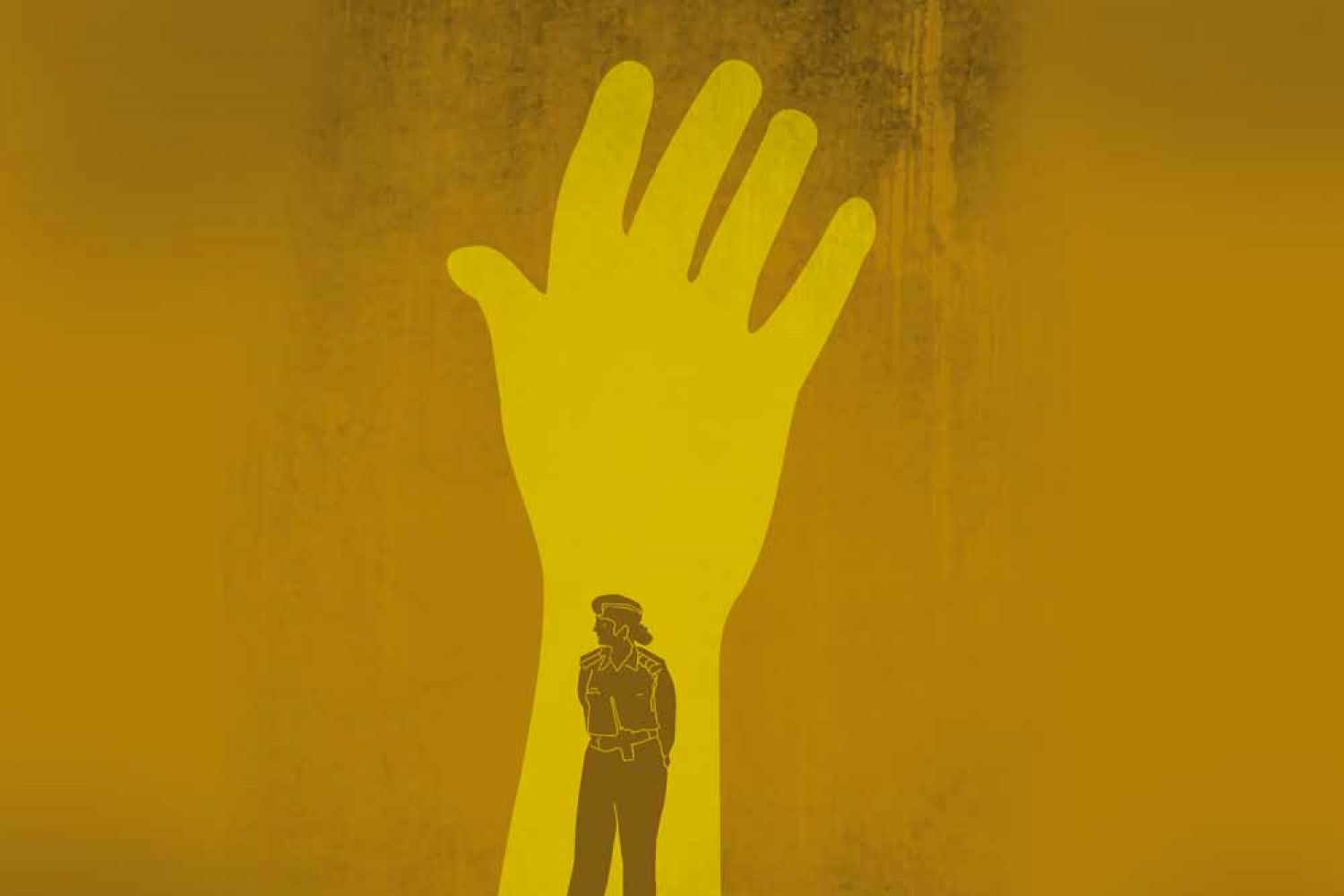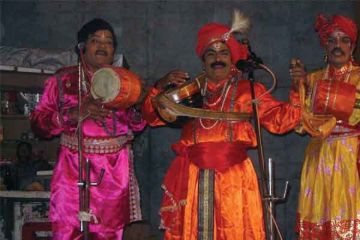
“Shall we have fun?” a
junior told constable Aradhya as he put his service revolver to her head. She
was inside a police vehicle, in the dead of night somewhere near Jhansi in
Uttar Pradesh (UP). The constable had stalked her the entire night at a mela where
they were deployed. She was gang-raped by two policemen, the men she served
with, and the police driver. After they raped her, the constables discussed
whether they should kill her. Eighteen months later there is no case, the
constables





